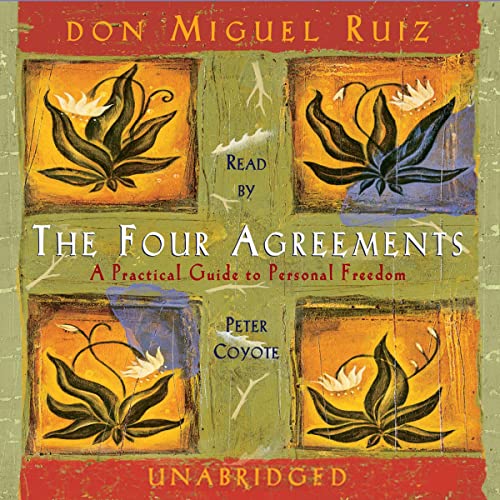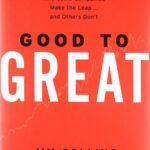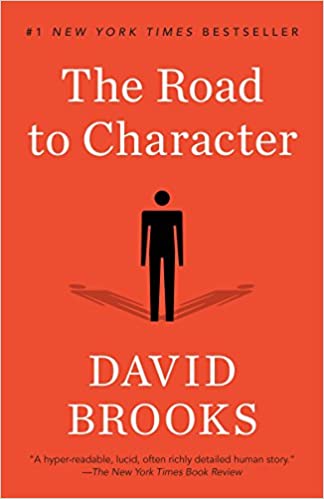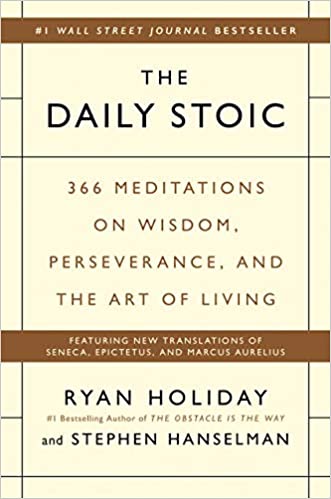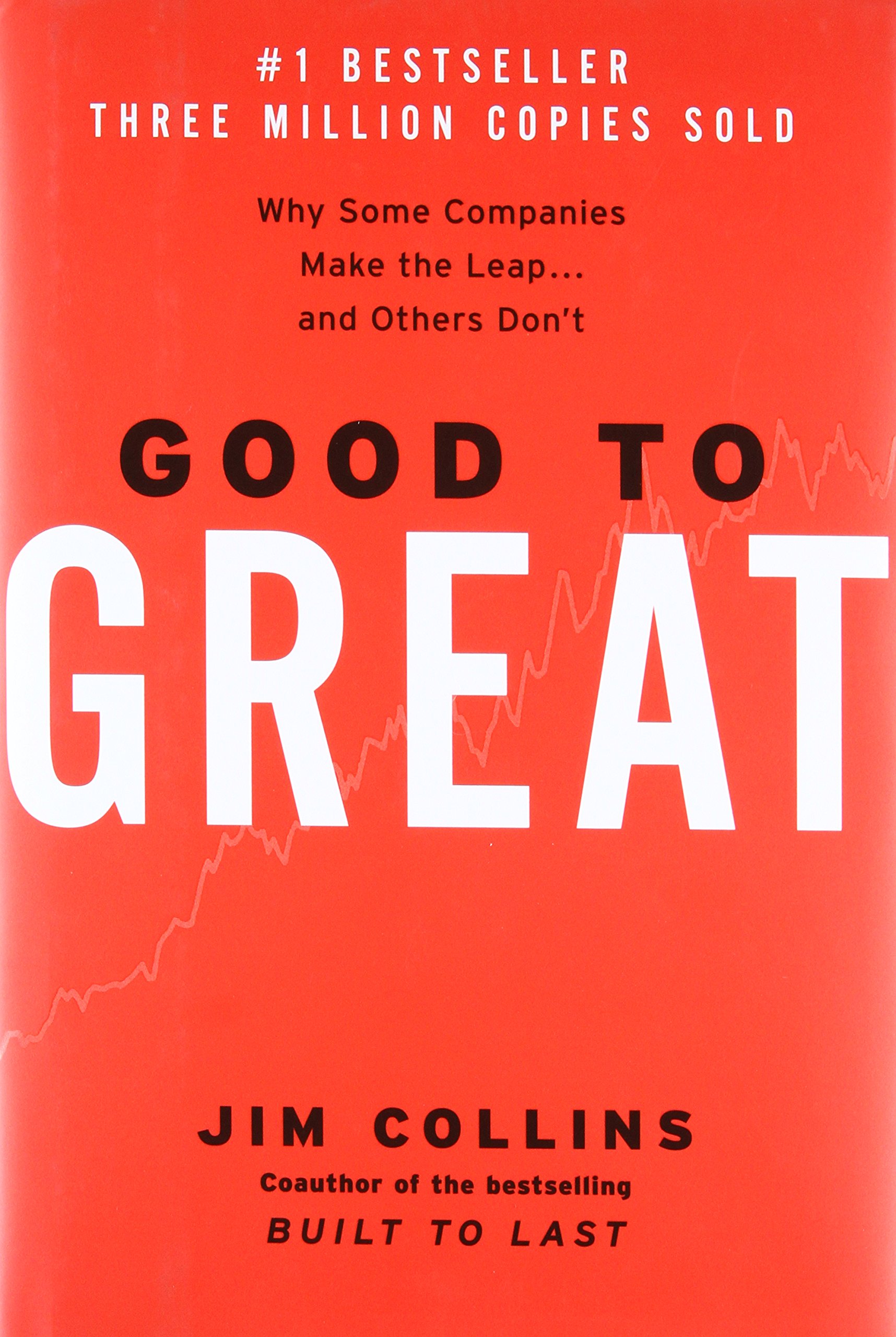“People hear what we say but they see what we do and seeing is believing.”
—Author Unknown
The Four Agreements by Don Miguel Ruiz is one of my favorite books. I’ve read it many times over the years and very much enjoyed the audio book read by Peter Coyote.
Among the four agreements, being impeccable with your word stands out for me.
In a world where there are countless examples of folks who are all talk and little action, I crave associating with people who walk their talk.
Examine the people in your life who demonstrate the character traits you most admire. How do their actions — and not just their words — inspire you to be a better version of yourself?
EXERCISE:
What do people hear and see when they observe your words and actions?
Where might an upgrade of impeccability with your word be in order to make more believers of the people in your life?

